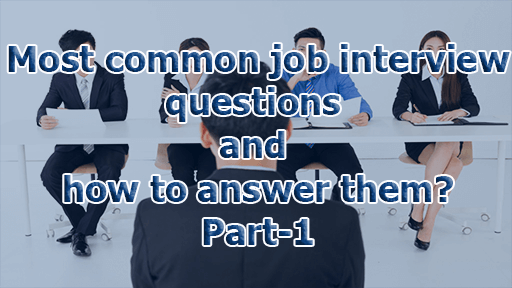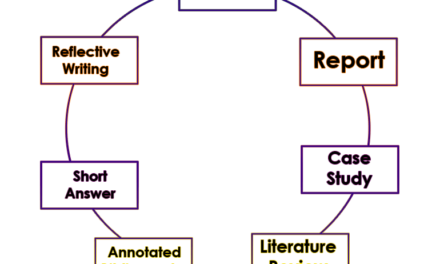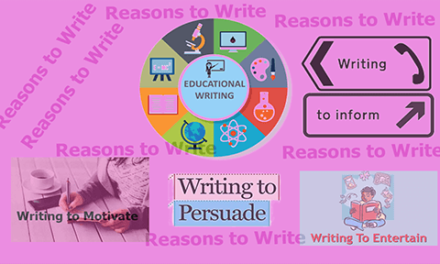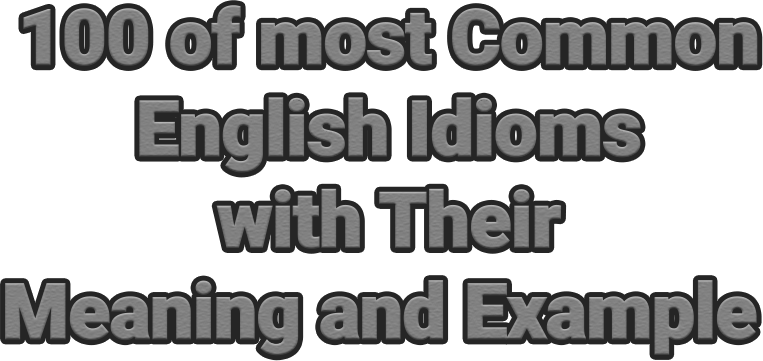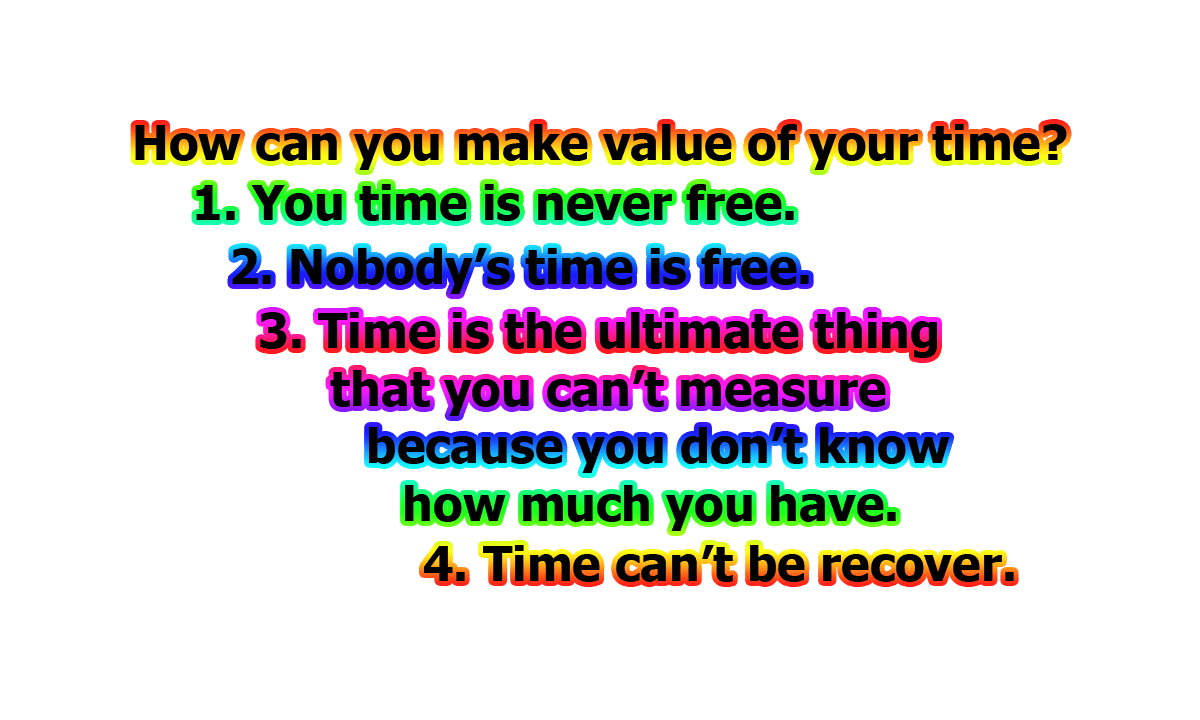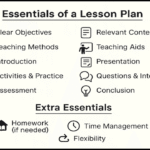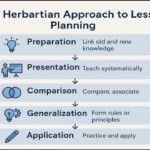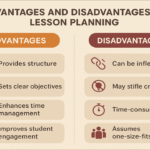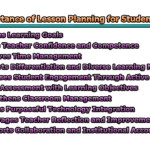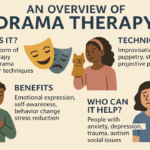In this lesson, we’re going to discuss seven of the most commonly used interview questions, how to answer those interview questions correctly, and how to tailor the answers to your personal skills and experience. This particular lesson is going to cover seven of the interview questions which one easier to answer.
Absolutely everyone who is preparing for a job interview must have their answer prepared and perfected. In this following lesson, part-two, we’ll be discussing some of the most complex questions.
We highly recommend that you should read the post carefully. It’s tempting to skip to the advanced lesson but if you don’t know the basics, you’ll fall at the first hurdle. Please take to opportunity to write out model answer in the comments down below and use each other for inspiration.
If you would like to offer someone else the opportunity to correct your English or give constructive criticism on your answers, you can start off by saying that “Hi everyone! Feedback is welcomed.”
Interview Questions:
- The first interview question is, “Can you tell me about yourself?”
This question seems so simple, but frequently candidates fail to prepare for it. You don’t want to say too much, but you don’t want to say too little either. What you should prepare is a clear or concise answer that builds the connection between you and the interviewer and shows why you are the perfect person for the job.
The formula for answering these questions is easy.
-
- Start with the present,
- Follow with past, and
- Finish with the future.
The present is where you are right now. For the past, touch on where you were before and the skills and experience you gained. For the future, show how excited and eager you are for this new opportunity.
For example, I’m currently a sales intern at The Coffee Bean Co, where I’m being mentored by the head of sales. Before that, I was studying for a business degree at the University of Chelsea, and working at a Shoe shop franchise, where I developed my sales skills. I really enjoyed the sales aspects of the retail position, and now I’d love to work in a corporate sales position and take on more responsibility, which is why I’m so excited about this sales manager position.
You don’t need to tell them your name or your age or where you’re from. They’ll be able to work that out from your CV. Don’t waste time telling them irrelevant information that they already know.
- Question number two is, “How did you hear about this job?” When I was first asked this question. I thought it was just used for feedback to the company. They just want to know which job advertising platform is working best for them, right? Well, actually this question can offer you a real foot in the door. But if you mess it up, it can seem like you are mindlessly applying for millions of positions. If you found out about the job from a professional contact or a friend in the company, you can name-drop them, especially if you think that they would be a good reference for you. Just don’t go overboard as it may seem like you are being using them.
Say something like, I was excited to find out about the job from my friend who works in the accounting department here.
If you searched for the company especially emphasize that. It will show how keen you are to work at this specific company. If you discovered the company through an event or an article, you can also share that. Add if you found the job advert on social media or on a job board, share what caught your eyes about the role and made it stand out amongst the rest.
For example, I was browsing the indeed platform and when I saw the offer from this company I was really keen to apply – the job description requirements matched my profile perfectly.
Forgetting where you found the job is mother all mistakes. You should keep a document detailing the jobs that you’ve applied for and where you found each job.
- Question number three is, “”Why do you want to here?”
This is your chance to show the interviewer how passionate you are about the company and the position. You need to show how much you know about the company, so for this question research is key. Spend time searching the company, how it started, its morals, its clients, its projects, how it works, everything.
For example, if you’re applying at an educational charity, you could say, I have always been passionate about education and I have seen first-hand the work that you do. I’ve always wanted to be a part of it. I was especially impressed when I found out that your teams are so small – I originally thought that you would have so many employees due to the sheer amount of work you do. I love working as a part of a small team and seeing my work make real impact is so rewarding.
You should also align your skills and experience with the role. You should take key parts of the job description and the job requirements and add to your personal profile.
For example, the part that really got me excited was the opportunity to present on a regular basis. I had to present in front of an audience at my previous role this position would give me the chance to present about something I’m incredibly passionate about.
- Question number four is, “What are your strengths?”
With this question it’s easy to say a loud of positive adjectives and we’ll talk about those later. But interviewers will have heard them all before. The big part of this question is justification. You need to justify each strength you give and apply it to the job.
For example, I’m very logical, and in my previous position I managed to rethink on entire deliver process, reducing each delivery time by 4 minutes. I communicated it to my boss, they still use my process today.
- Question number five is, “How would your boss describe you?”
First of all, the most important thing is be honest. If they really consider you for the job, the hiring manager will be calling your former bosses and co-workers. The easiest way to answer this question is to paraphrase a resent positive performance review. You should specifically reference where you’re getting this information from. This makes it easier to describe yourself as trustworthy, dedicated and creative without feeling like your boasting. You’ll also want to give some big picture context about your role and responsibilities to fill in the gaps around your answer.
Another way to do this is to start off with a positive story about something that you’ve done and conclude it with how your boss or co-workers would describe you. It’s seems this question is pretty open-ended. It’s a already good opportunity for you to share something that you really want to mention in the interview but you haven’t had a chance to yet.
If you simply can’t think anything, here is another approach you could try. Think about three positive traits that you bring to your workspace then have a short example after each.
For example, I’m a good negotiator; I managed to negotiate a better price on our stationary last year.
- Question number six is, “What is your dream job?”
Career advisors think of good jobs as an intersection of your skills, interests & values. That’s a really good way for you to approach this question. Talking about your skills will give you an opportunity to sell yourself, which we’ll talk about later. Your interests will show your passions and your investment, and your values can help illustrate your fit within the company.
An example would be, I’ve mentioned my experience with programming. So my dream job would definitely have to related to that. In terms of the industry, well, I’m really interested in sports, so something related to that would be good! In my career I really value having a good relationship with my co-workers. That’s the reason why I am so excited to be interviewing for this position. The vibe in the office is amazing.
- Question number seven is, “Where do you see yourself in five years time?”This can feel like a bit of a trick question because sometimes what you want to say is not here or in your job, or something like at a bigger, better opportunity. Realistically those aren’t going to be good answers. Think about where this position could take you and consider how that aligns with some of your broader professional goals.
For example, you could say, I’d like to be seen as someone with expertise in the energy sector, which is something that I know I’ll have an opportunity to do here. I’m also really excited to take on more managerial responsibilities in the next few years, and potentially even take the lead on some projects.
Right, those were seven of the slightly easier interview questions and how to answer them.
In the next lesson, we’ll be discussing the more complex interview questions. Don’t forget to share your model answer in the comments down below and give people feedback if they want it.

Assistant Teacher at Zinzira Pir Mohammad Pilot School and College

